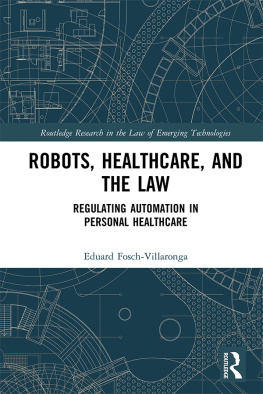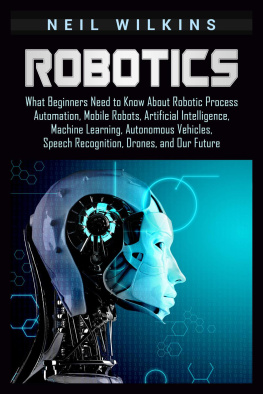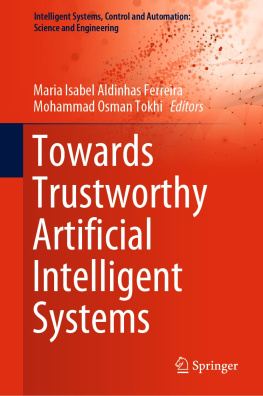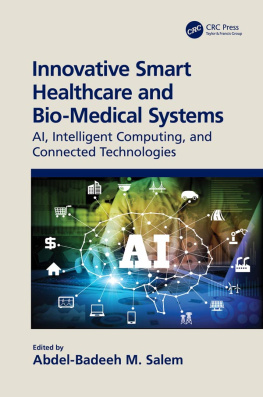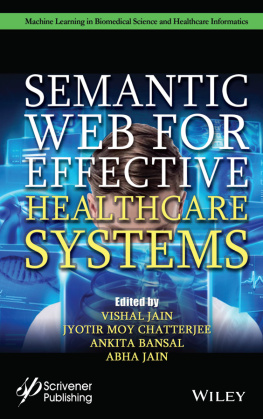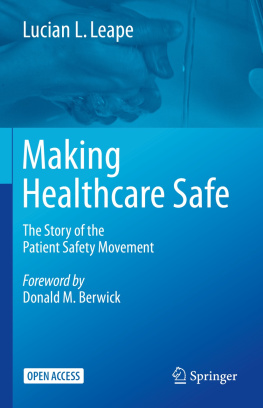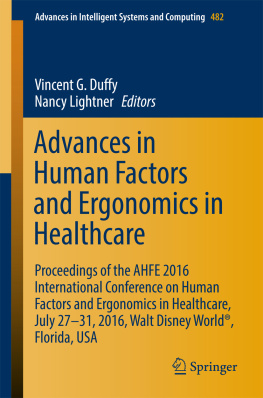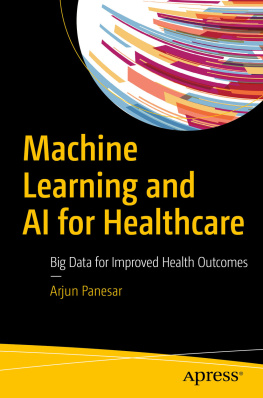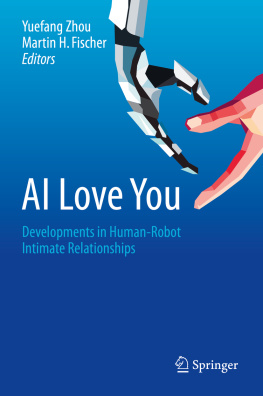Robots, Healthcare, and the Law
The integration of robotic systems and artificial intelligence into healthcare settings is accelerating. As these technological developments interact socially with children, the elderly, or the disabled, they may raise concerns besides mere physical safety; concerns that include data protection, inappropriate use of emotions, invasion of privacy, autonomy suppression, decrease in human interaction, and cognitive safety. Given the novelty of these technologies and the uncertainties surrounding the impact of care automation, it is unclear how the law should respond.
This book investigates the legal and regulatory implications of the growing use of personal care robots for healthcare purposes. It explores the interplay between various aspects of the law, including safety, data protection, responsibility, transparency, autonomy, and dignity; and it examines different robotic and AI systems, such as social therapy robots, physical assistant robots for rehabilitation, and wheeled passenger carriers. Highlighting specific problems and challenges in regulating complex cyber-physical systems in concrete healthcare applications, it critically assesses the adequacy of current industry standards and emerging regulatory initiatives for robots and AI. After analyzing the potential legal and ethical issues associated with personal care robots, it concludes that the primarily principle-based approach of recent law and robotics studies is too abstract to be as effective as required by the personal care context. Instead, it recommends bridging the gap between general legal principles and their applicability in concrete robotic and AI technologies with a risk-based approach using impact assessments.
As the first book to compile both legal and regulatory aspects of personal care robots, this book will be a valuable addition to the literature on robotics, artificial intelligence, humanrobot interaction, law, and philosophy of technology.
Eduard Fosch-Villaronga, Ph.D., LL.M., M.A., LL.B., is currently Marie Skodowska-Curie Postdoctoral Researcher at the eLaw Center for Law and Digital Technologies at Leiden University in the Netherlands.
Routledge Research in the Law of Emerging Technologies
Robots, Healthcare, and the Law
Regulating Automation in Personal Care
Eduard Fosch-Villaronga
Biometrics, Surveillance and the Law
Societies of Restricted Access, Discipline and Control
Sara M. Smyth
First published 2020
by Routledge
2 Park Square, Milton Park, Abingdon, Oxon OX14 4RN
and by Routledge
52 Vanderbilt Avenue, New York, NY 10017
Routledge is an imprint of the Taylor & Francis Group, an informa business
2020 Eduard Fosch-Villaronga
The right of Eduard Fosch-Villaronga to be identified as author of this work has been asserted by him in accordance with sections 77 and 78 of the Copyright, Designs and Patents Act 1988.
All rights reserved. No part of this book may be reprinted or reproduced or utilised in any form or by any electronic, mechanical, or other means, now known or hereafter invented, including photocopying and recording, or in any information storage or retrieval system, without permission in writing from the publishers.
Trademark notice: Product or corporate names may be trademarks or registered trademarks, and are used only for identification and explanation without intent to infringe.
British Library Cataloguing-in-Publication Data
A catalogue record for this book is available from the British Library
Library of Congress Cataloging-in-Publication Data
A catalog record has been requested for this book
ISBN: 978-0-367-07661-0 (hbk)
ISBN: 978-0-429-02193-0 (ebk)
To my mother, the strongest person Ive ever known
This book comes as a result of my Ph.D. thesis, entitled Towards a Legal and Ethical Framework for Personal Care Robots. Analysis of Person Carrier, Physical Assistant, and Mobile Servant Robots under the Erasmus Mundus Joint Doctorate (EMJD) in Law, Science, and Technology. I also bring in part of the research I conducted at the Microsoft Cloud Computing Research Center at the Queen Mary University of London in the UK, and at the Law, Governance and Technology Department at the University of Twente in the Netherlands. I did the final writing under my current position at the eLaw Center for Law and Digital Technologies of Leiden University in the Netherlands. I am currently a Marie Skodowska-Curie Postdoctoral Researcher under the LEaDing Fellows Marie Curie COFUND fellowship, a project that has received funding from the European Unions Horizon 2020 research and innovation programme under the Marie Skodowska-Curie Grant Agreement No. 707404.
These acknowledgments explain part of the journey that I made over these years and highlight some of the people who helped me along my way.
Everything started at the University of Bologna. Bologna is home to me. Bologna represents the beauty of Italy and has a unique and romantic warm light at night. It was the base of the EMJD in Law, Science, and Technology. Prof. Monica Palmirani was the coordinator of the programme and someone who has always been there for me. In Bologna, I also met Prof. Alberto Artosi. Alberto is a caring professor, always there for his students. Over the years, we became very good friends.
Then I moved to Torino, the most French city of Italy, with wide avenues that remind one of Paris. There I met my friend Giorgio Schirripa. Thank you, Giorgio, because you tirelessly helped me when I needed help the most.
That summer, I went to the Medical and Service Robots (MESROB) summer school at the EPFL, in Switzerland, where I met Prof. Mohamed Bouri and Prof. Lina Sors Emilsson. Mohamed and Lina have both supported my work immensely. The majority of my exoskeleton images are from the Robotics Lab (LSRO, EPFL). Thank you, Mohammed, for your kindness. Lina is the most Mediterranean Swedish person I have ever met, and we became excellent friends.
The next academic year, I moved to Lithuania, to Mykolo Romerio Universitetas. There I met many people, but I want to thank in particular Prof. Violeta Januleviien, who showed me the beauty of her country.
At that time, I also met with Prof. Jordi Alb Canals. I did not know that he would be one of the persons who helped me the most, and who would be my co-supervisor later on. He encouraged me to organize a workshop (which turned into a workshop series over time), and invited me to spend a summer in the CEEO at Tufts University in the U.S.A., where we worked with robotic therapies for children with autism.
After that, I moved to Hannover, in Germany, at the Center of Ethics and Law in the Life Sciences (CELLS) at Leibniz Universitt. Hannover gave me the freedom to focus on my research. During my time there, my grandmother passed away. Her name was Consol Lorente Carrin, but I always called her Iaiathat is what we call grandmothers in Catalan. I always prepare pa amb tomquet, the most uncomplicated and most delightful Catalan dish, the way she did it. You will always be in my thoughts, Iaia.
After Germany, I was ready to go back home for some time in Barcelona. I spent my days at the Universitat Autnoma de Barcelona, my alma mater, where I conferred with Prof. Antoni Roig Batalla, my primary supervisor. Antoni has been with me since day one.
I then moved to the US, something that could never have happened without the immense help of Prof. Kevin Ashley. I met Kevin in December 2013 when he came to Bologna for a seminar on Artificial Intelligence and the Law. Thank you, Kevin, for your help, advice, and friendship.

